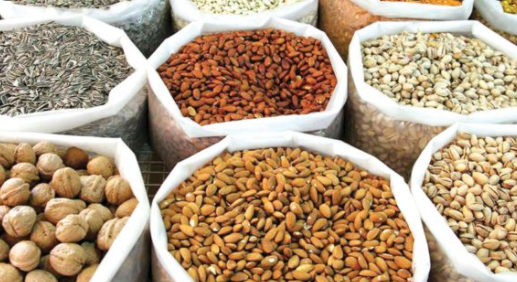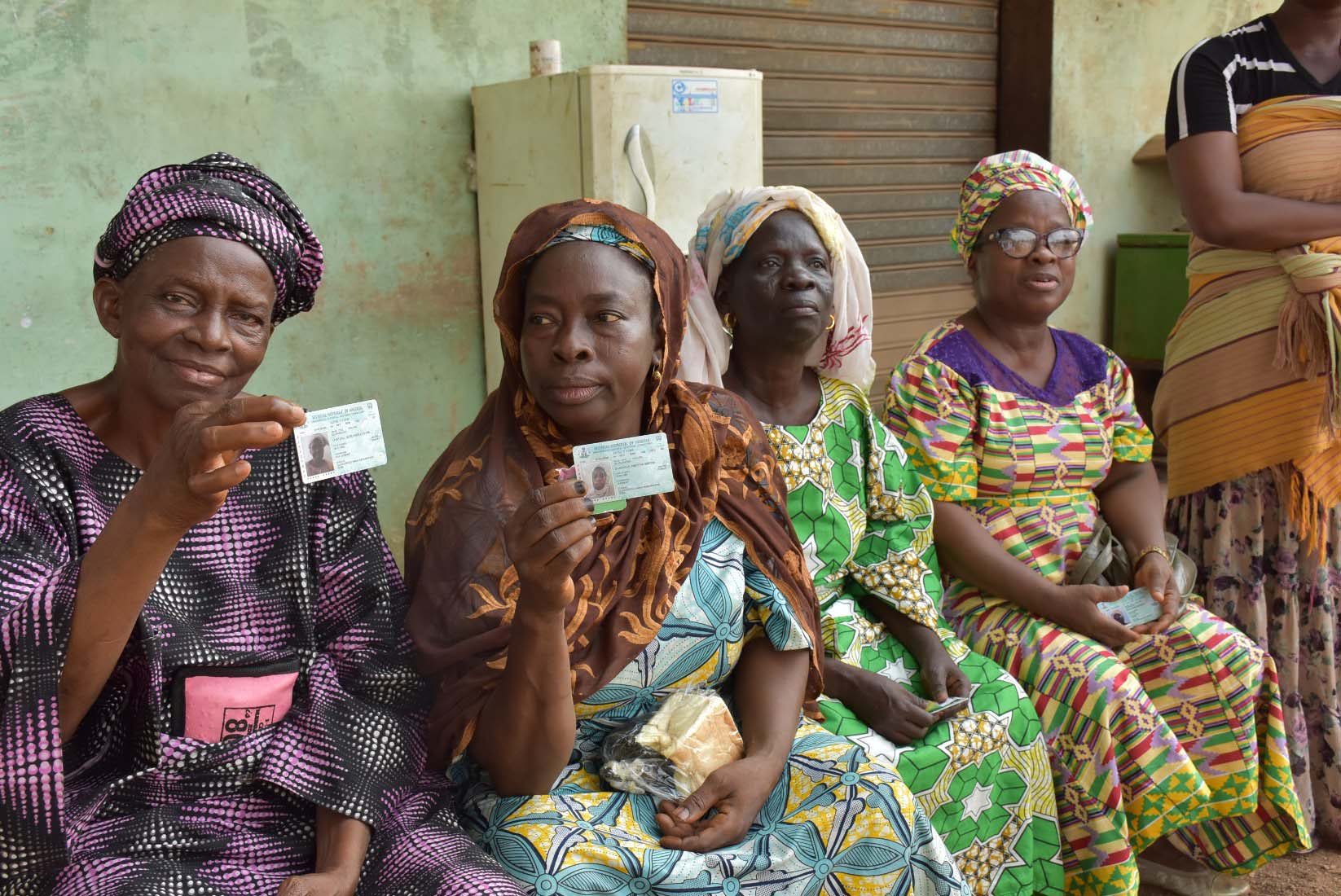Even in the 21st century, agro-allied exports constitute the backbone of the world’s most industrialised as well as developing nations. This gives food for thought to Nigerian policymakers at the apex level to accord due to recognition to export promotion in the economic policy framework- literally a low-hanging fruit, to rekindle the economy.
According to World Trade Organization statistics, in 2020, the export of agricultural products amounted to $1,803 billion with an annual growth of 3.5% during 2010-20, above the overall growth of merchandise trade (2.7%), and representing 10% of total merchandise trade. The European Union was the highest exporter at $653 billion. India which has to feed its 1.4 billion people, exported $39 billion of agricultural products with a vision to grow the exports to $60 billion in the next three years. Indonesia, another oil producer, exported $46 billion worth of agricultural produce in 2020. Consider a few examples from our regional peers and we may get some inspiration. In 2020, major countries exported respectively Ivory Coast ($8.4 billion), Kenya $3.6 billion) and Ghana ($ 3.6 billion) worth of agricultural products whereas Nigeria’s agricultural exports were $1 billion (total merchandise exports $36 billion) with enormous growth potential.
India – The world’s rice bowl
There is much to learn also from our commonwealth peers. In 1985, India established the Agricultural and Processed Foods Export Development Authority (APEDA) by an act of parliament charged with the responsibility of export promotion and development of key cash crops such as fruits and vegetables, meat and poultry, dairy products, groundnuts, floriculture, cocoa, rice, and cashew. Let’s take the example of rice. India continues its dominance of the global rice market. In 2020-21 (April-March), India’s non-basmati rice export was 13.08 million tonnes worth about $5 billion, which more than doubled from 5.03 million tonnes in FY 2019-2020 and is expected to exceed 20 million tonnes in 2022 representing about 50% of the world market.
Advertisement
Africa, the Middle East, Bangladesh, and even China count among major markets for Indian rice. The story with other key agricultural products is similar, with the export of marine products likely to cross $8 billion and those of spices likely to reach $4.8 billion. There is close cooperation between the private and the public sector. During the lockdowns imposed during the COVID-19 pandemic, the authorities addressed logistical bottlenecks by facilitating testing and certification. These measures benefited millions of farmers.
The government of Nigeria has emphasised consistently and rightly so the need to develop the agricultural sector in general and boost non-oil exports in particular. However more needs to be done beyond this swansong to realize this potential. It’s remarkable that non-oil exports from Nigeria, which reached a peak of US$ 3 billion in 2013, are largely agro-allied. According to OPEXA, a think-tank of the non-oil sector, over 11 million Nigerians earn their livelihood from non-oil exports, directly and indirectly. These exporters have invested in processing capacity by installing modern plants for export to highly sophisticated markets such as the European Union, Japan, and America. That said, it is widely recognised that our exports lack price competitiveness due to the high cost of infrastructure and logistics.
As a nation, we are already disadvantaged from a cost perspective due to anomalies in the area of infrastructure, power, and sometimes monetary and fiscal distortions which impede our competitiveness and which only incentives like the export expansion grant can help cushion. It is a well-known fact that most developing and even developed countries provide incentives to boost exports. Our government must be commended for reviving the EEG (export expansion grant) scheme in 2015. The scheme helps to cushion some of the cost disadvantages faced by Nigerian exporters. However, the government needs to walk the talk by translating the announcements and intentions into action rapidly to regain credibility. The exporters are still suffering due to a shortage of liquidity as funds are tied up in the accumulated backlog of over N 150 billion of EEG claims for the period 2017-20. The situation was worsened post-pandemic. The backlog of claims should be released under the promissory notes mechanism without any delay.
Advertisement
An aggressive policy is needed to diversify the Nigerian economy. This can only happen by encouraging agricultural and agro-allied industries. Any nation that wants to deepen its non–oil exports and revenues, particularly with a mono-product economy in our case oil, can only achieve this with a basket of incentives for players in the sector and this must be far-reaching and be long-term in nature and scope. One of our challenges as a nation is our constant policy flip flops which do not help long term investments and consequently stunt economic growth
My prayer is that we must strive for the provision of incentives in the promotion of non-oil exports and for it to be recognised as a policy imperative to get us at least to the level of the top five exporting countries in Africa. It is not a pipe dream, neither is it wishful thinking. Hopefully, the policymakers are listening and will respond to this clarion call. Nigerians look forward with bated breath as time is far gone. We must match words with action if we are to be reckoned with in the comity of nations.
Views expressed by contributors are strictly personal and not of TheCable.
Add a comment







